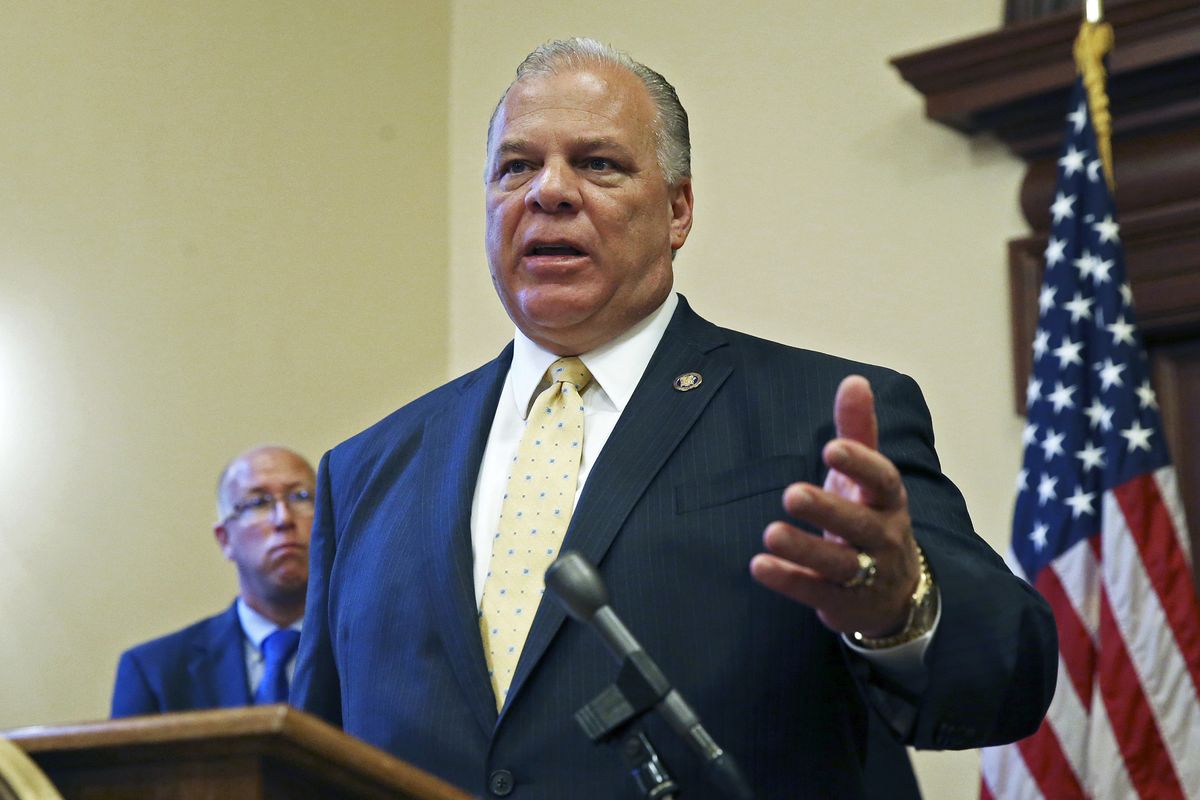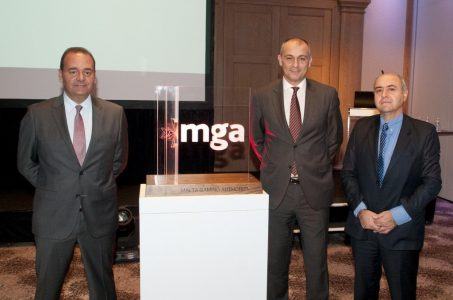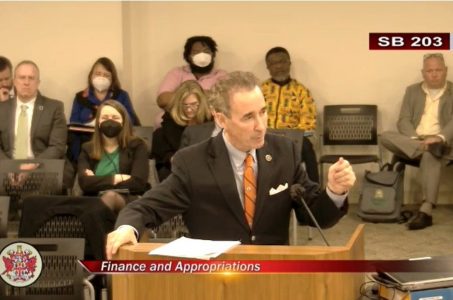Atlantic City Casino Property Tax Cut Passes, Will Save Nine Properties $55M in 2022
Posted on: December 21, 2021, 04:55h.
Last updated on: December 21, 2021, 10:59h.
There were no Monday blues yesterday for Atlantic City casinos. New Jersey lawmakers in Trenton kicked off the week by passing legislation that will save the nine gaming resorts around $55 million next year.

The New Jersey Assembly and Senate each signed off on a measure that will reduce the amount of property taxes the casinos pay in 2022. The savings come by removing gross gaming revenue (GGR) derived from iGaming and online sports betting from the calculation used to determine the casinos’ payment-in-lieu-of-tax (PILOT) property bill.
Gov. Phil Murphy (D) is expected to sign the PILOT amendment. The PILOT push was led by outgoing lame-duck state Senate President Stephen Sweeney (D).
The New Jersey Senate voted 21-16-3 to pass S4007. The Assembly subsequently passed the PILOT bill several hours later late Monday night by a 46-19-2 vote.
Along with the property tax reductions for the casinos, state lawmakers passed S4157, a measure that will increase the nightly hotel room tax on casinos by $3. The additional funds, pending Murphy’s signature, will be allocated for public safety services in Atlantic City.
PILOT Adjustment
The Atlantic City casino PILOT program was first implemented in 2017. The property tax bill required the town’s casinos to collectively pay the state and Atlantic County a minimum of $120 million a year.
The bill increases to as high as $165 million if GGR in the preceding year eclipses $3.4 billion. Atlantic City casinos through November have reported total GGR of $3.85 billion.
However, when iGaming and online sports betting revenue is removed, brick-and-mortar casino win is at $2.34 billion. The casinos argue that their revenue stemming from their internet operations is split with third-party operators. And those entities are not invested in Atlantic City.
The casino industry says removing iGaming and internet sports betting revenue from the PILOT calculation will allow them to better invest those savings into their resorts. The casinos contend that their total gaming revenue is only up because of iGaming and sports betting. And as for those robust profit reports in 2021, casino reps say they’re predominantly due to streamlined operations and reduced workforces.
With Murphy’s signature, the Atlantic City casinos’ 2023 tax liability will be cut from $165 million to $110 million. However, Atlantic City’s PILOT share reduction is expected to be offset by increased Investment Alternative Tax (IAT) revenue. Casinos are subject to a 2.5 percent tax on iGaming GGR.
County Threatens Lawsuit
There are plenty of opponents to affording the Atlantic City casinos a tax break. It is estimated that the new law would save the nine resorts approximately $55 million in 2022, and an estimated $30 million to $65 million annually through the 2026 PILOT expiration.
Atlantic County is the presumed biggest loser in the PILOT rearrangement. Atlantic County Executive Dennis Levinson says the property tax cut will hurt taxpayers.
These bills clearly benefit the casinos at the expense of our taxpayers. We’re not asking for more, like the casinos and Atlantic City; we’re only asking for what was already promised us,” Levinson told Murphy in a letter.
Levinson says the county will likely file a lawsuit against the state challenging the PILOT changes if Murphy signs.
Related News Articles
Petersburg, Va., Casino Dreams Canned, as Senate Committee Dismisses Gaming Bill
Most Popular
Mirage Las Vegas Demolition to Start Next Week, Atrium a Goner
Where All the Mirage Relics Will Go
Most Commented
-
Bally’s Facing Five Months of Daily Demolition for Chicago Casino
— June 18, 2024 — 12 Comments
















No comments yet